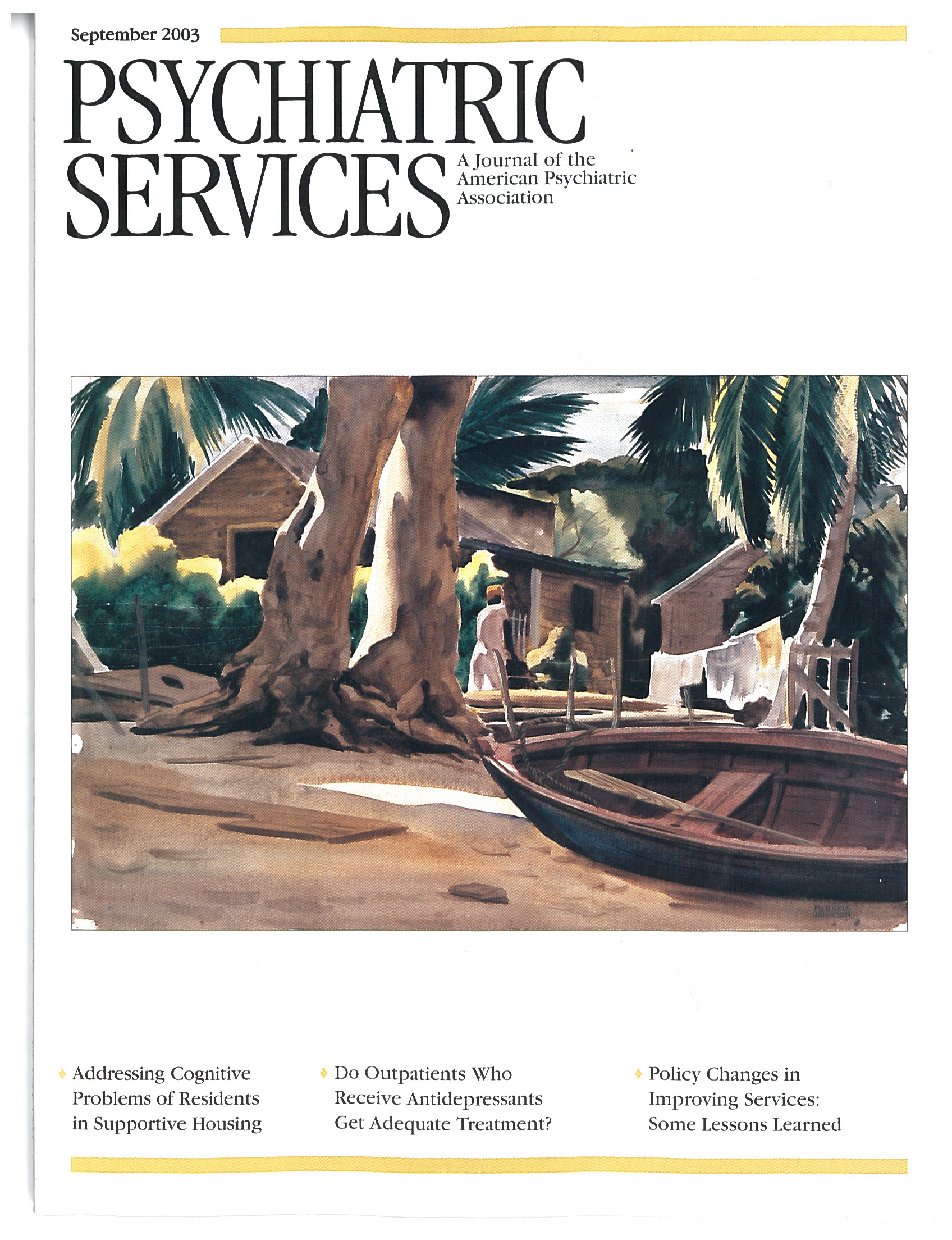Not Fair! The Typology of Commonsense Unfairness
During the course of a typical day, individuals working in the field of psychiatric services are likely to hear someone proclaim "That's not fair!" Examples include a consumer's perceiving the clinical treatment decisions of care providers as unfair and a violation of his or her rights and a clinician's considering a managed care utilization guideline as unfair and an encroachment on the clinician's professional autonomy. Although many psychiatric services professionals are likely to be familiar with these or similar claims of unfairness in ordinary discourse, how many have stopped to think about the nuances of the expression "That's not fair"?
Written by a psychologist with expertise in psychology and the law, the book Not Fair! The Typology of Commonsense Unfairness is worth exploring even if you have wondered only fleetingly about the concept of unfairness. Academics in traditional social science disciplines such as psychology, anthropology, philosophy, theology, criminology, and political science constitute the principal audience for the book. Secondary audiences include lawyers, divorce and labor mediators, psychologists and other mental health clinicians, politicians, and public-spirited citizens.
The book is organized into five sections that flow nicely from start to finish. In the first section, Finkel establishes the context of the major theological, philosophical, and psychological underpinnings behind claims of unfairness and discusses the viewpoints of critics who consider unfairness claims to be largely petty and trivial. The first section of the book also lays out the author's preliminary hypotheses for the empirical work described in the subsequent sections. Sections 2 through 4 describe the methods and results of each successive phase of research aimed at understanding the multiple dimensions of unfairness, including how age, gender, and culture shape perceptions of unfairness and the consistency of unfairness claims across various groups.
One of the most striking findings from the research is that claims of unfairness increase with age and become more intense over time. In Finkel's opinion, societal blame can have hazardous consequences if, for example, individuals lack the conviction to remedy perceived injustices and become apathetic toward the political process to the point of refusing to exercise their right to vote in elections. In the concluding section, the author disentangles the differences between efforts at rectifying, nullifying, and softening claims of unfairness and discusses the implications of the findings in relation to a "commonsense" notion of unfairness.
Although readers may be only peripherally concerned with the topic of unfairness, the ideas and findings in this book are certainly applicable for scholars who are interested in furthering their understanding of the psychological, philosophical, theological, and legal constructs of unfairness and may also be of help to practitioners in areas related to clinical practice, negotiation, mediation, and public policy. As the author notes, it is important to understand that a claim of unfairness can be perceived not only as "a reaction to the wrong, but also a desire for better." This is an especially significant lesson for psychiatric service professionals who oversee and provide care to vulnerable individuals, many of whom have been treated unfairly.
Mr. Provost is associate director for research at the Center for Quality Assessment and Improvement in Mental Health in Belmont, Massachusetts.



